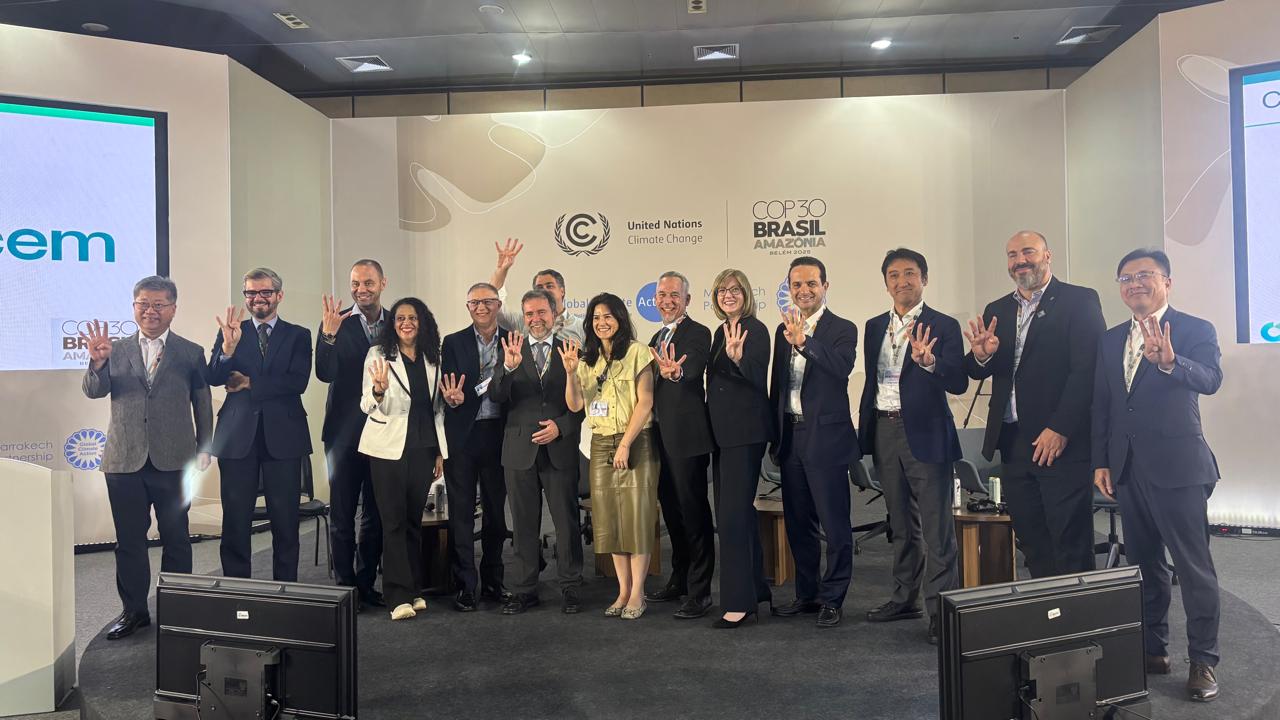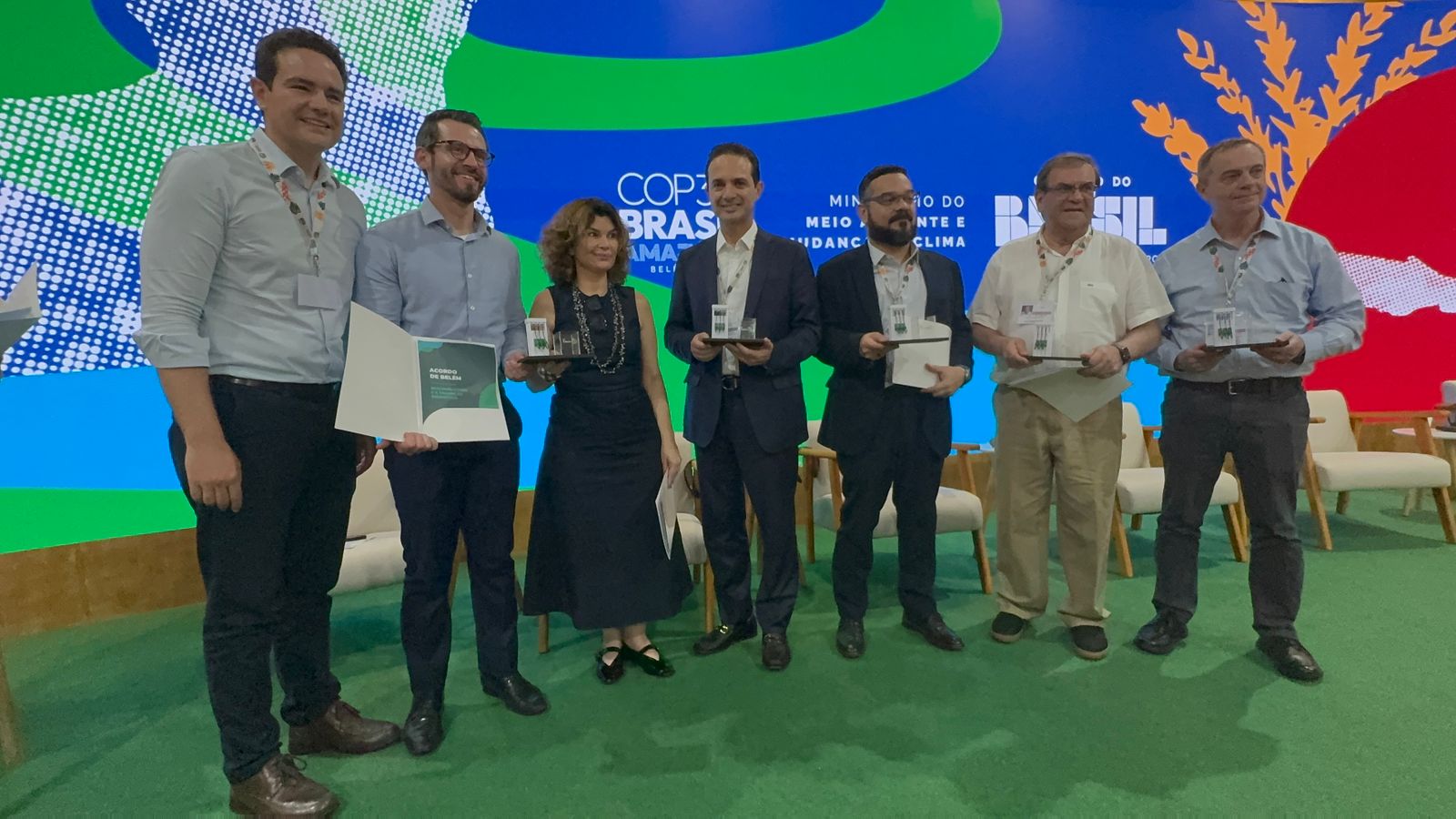Fighting climate change requires more than just local solutions to reduce greenhouse gas emissions. Global partnerships and alliances are key to achieving a sustainable future. Latin American agriculture plays a central role not only in global food security, but also in water conservation and clean energy transition, as it is able to set an example of good practices in agribusiness and renewable energy production.
Recognizing the leading position of Latin American countries, the European Union, in partnership with the Global Sustainable Water and Energy Solutions Network and the Association of Latin American Sugar Producers (UNALA), promoted on October 3rd, the event “Energy, Fuels, Water, and the Agroindustry: Charting Sustainable Routes between Europe and Latin America towards a Climate-Neutral Economy”. It was hosted by Dolors Montserrat, Vice-President of the European Parliament and Partido Popular (Spain), in the presence of European congressmen, representatives of the European Union’s Energy Department, the United Nations and representatives from the energy and alternative fuels, water management and agribusiness sectors from Europe and Latin America. The main objective of the event was to achieve greater engagement between the two regions through strategic dialogue and the exchange of transformative roadmaps to reach a climate-neutral economy while strengthening relations.
The Brazilian Sugarcane and Bioenergy Industry Association (UNICA) was represented by Raquel Lages, who emphasized the importance of Brazilian agriculture as a world leader in sustainable practices, especially in ethanol and bioenergy production. Biofuels are critical to the global clean energy transition and Brazilian ethanol reduces CO2eq emissions by up to 90% compared to gasoline. It is also produced on only 1% of the available arable land with zero deforestation. The ethanol and bioenergy production sector has a very positive social impact, increasing GDP per capita by USD 1,098 in municipalities where ethanol and bioenergy mills are located. Based on the concept of circular economy, all waste from ethanol production is converted into bioenergy, biogas and biofertilizer. The sector is also an example of water management: in the last 17 years, water consumption in the industrial cycle has been reduced by 95% and sugarcane crops are only irrigated with fertilizer.
As a result of the event, a working group was created, assembling experts, academy and companies in order to develop synergies and innovative proposals for industry, health sector, renewable energy generation, education and water management in Europe and Latin America.



